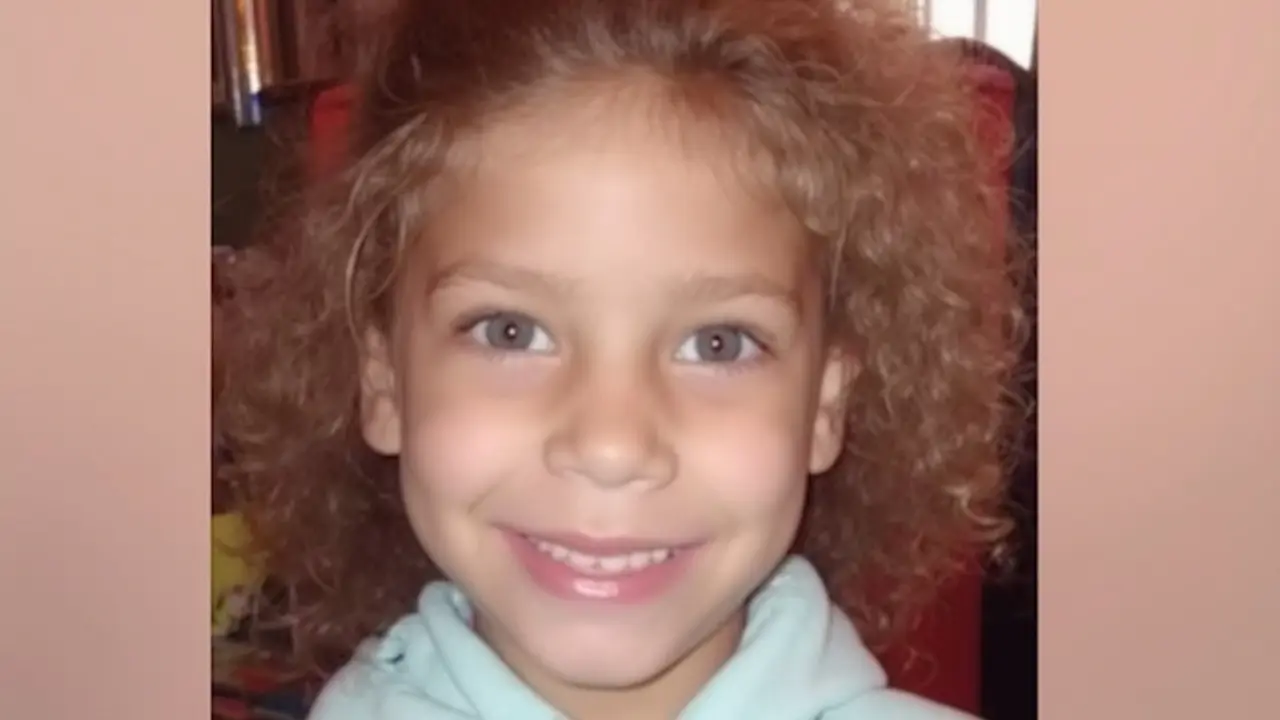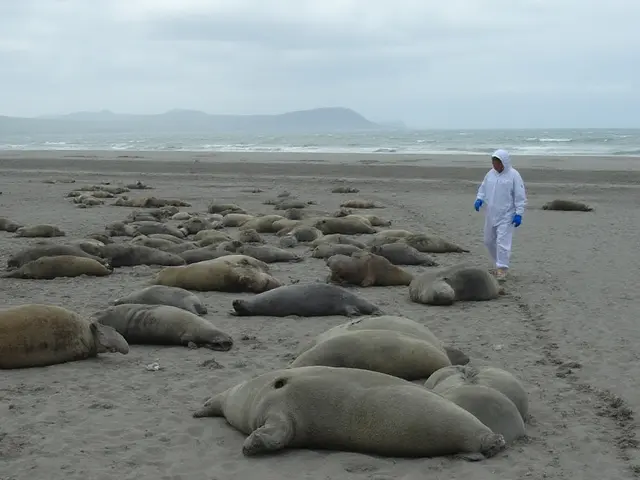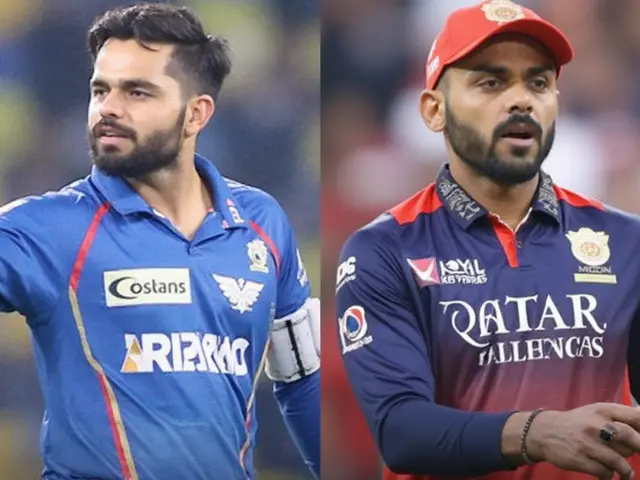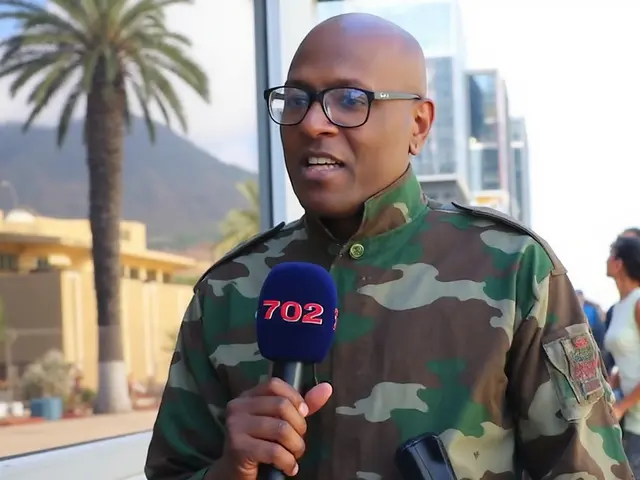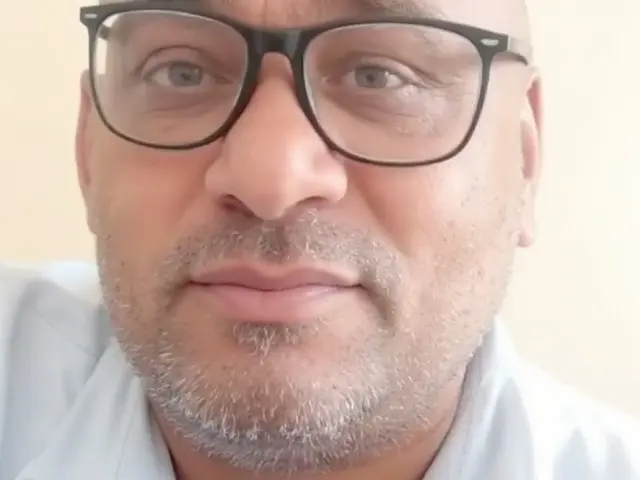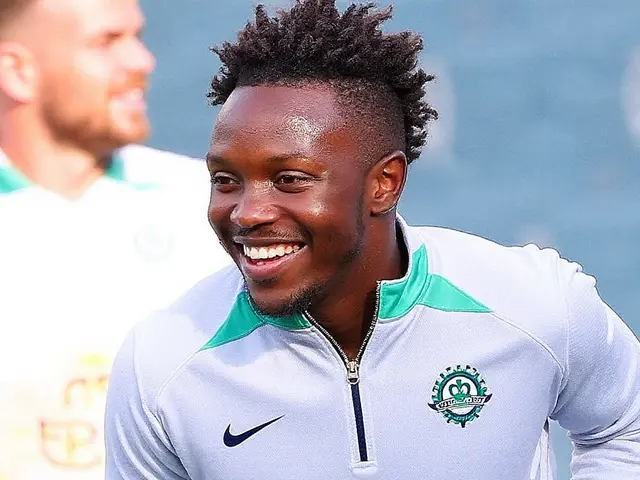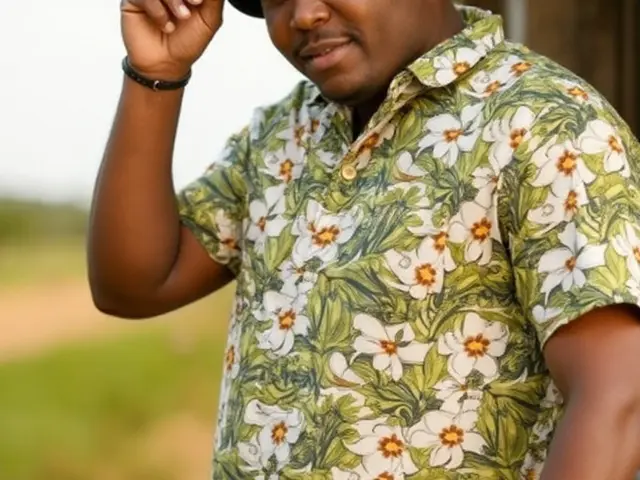Landmark Conviction in Joshlin Smith Case
South Africa is reeling after the Western Cape High Court handed down a historic verdict in the disappearance of six-year-old Joshlin Smith. The court found Joshlin’s mother, Racquel 'Kelly' Smith, along with Jacquen Appollis and Steveno van Rhyn, guilty of kidnapping and human trafficking—crimes that have captured national attention and sparked heated debate about how justice is served when a victim remains missing.
The prosecution—led by Zelda Swanepoel and Aradhana Heeramun—spent eight weeks laying out their case. They brought 32 witnesses to the stand, carefully piecing together a web of agreements and financial transactions. The most damning evidence involved how Smith, Appollis, and van Rhyn orchestrated the sale of Joshlin: van Rhyn was slated to receive R1,200, while another, unnamed party would get R1,000. The accused also made arrangements to split proceeds among themselves. The court saw these details as proof that the three knowingly sold the child for exploitative purposes—acts described by prosecutors as modern-day slavery.
Judge Erasmus made it clear that the decisive factor in the convictions was not just the paper trail or witness testimony, but also the conduct of the accused. During the trial, all three chose to remain silent—a right protected by law, but one that Erasmus said allowed the court to infer their guilt from the evidence presented. It’s a rare move to call out accused persons for using their right to silence, but Erasmus argued the scale and seriousness of the crime required the court to consider every nuance. The judge also stressed just how unique this case was, as it dealt with a missing child—a first in South African courts for human trafficking cases, where victims are usually reunited with their families.
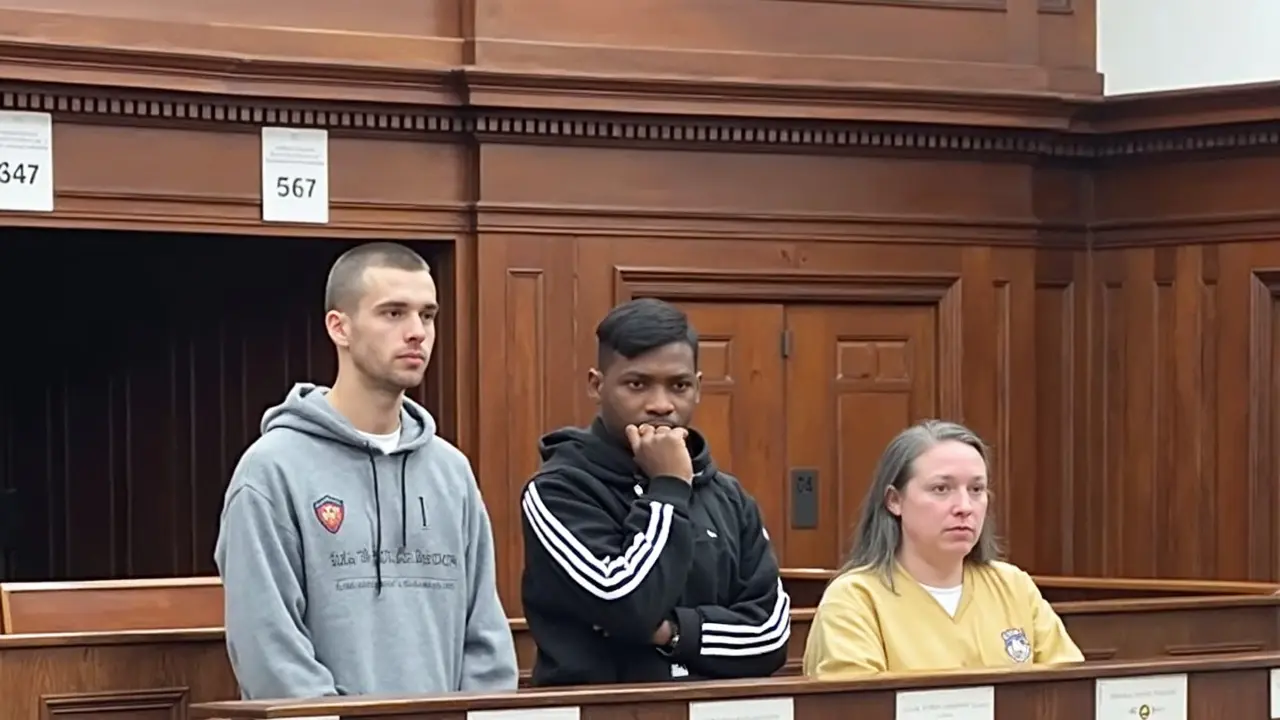
Sentencing and the Legal Dilemmas of a Missing Victim
Sentencing proceedings kicked off in late May 2025 and are far from straightforward. The prosecution is pushing for life sentences, arguing the severity of the crime and the still-unknown fate of little Joshlin warrant the harshest penalty. They leaned heavily on the idea that selling a child for exploitation is one of the gravest offenses imaginable—and the fact that she has never been found is a chilling aggravating factor.
The defense is walking a difficult line. They point out that, despite the convictions, no one can say for certain what happened to Joshlin after she was handed over. Her fate remains a mystery, and this ambiguity, the defense claims, should weigh against the harshest punishment. They argue that the law should consider her unknown status instead of assuming the worst.
This case is putting South African human trafficking statutes to the test. It sets a precedent for how courts can deal with situations where victims aren’t present to tell their story, and how silence or lack of direct evidence can be weighed against overwhelming circumstantial proof. It’s also shining a harsh light on the dynamics of vulnerable communities, where desperation and poverty can make exploitation that much more likely.
Joshlin’s story has touched a raw nerve. Many South Africans are following every detail, not just as a matter of legal interest, but out of concern for children nationwide. As sentencing continues, the country waits to see if the justice system will answer the tough questions this case has raised—or if the disappearance of one little girl will rewrite the rules on how missing victims are treated in law.
